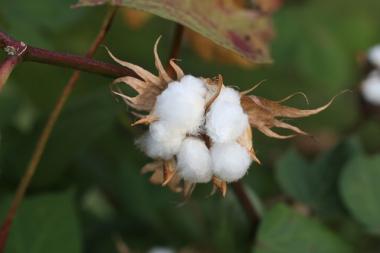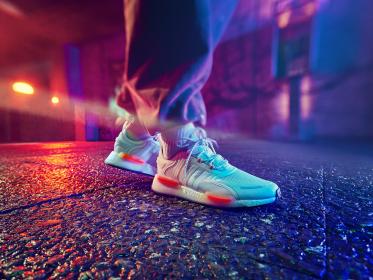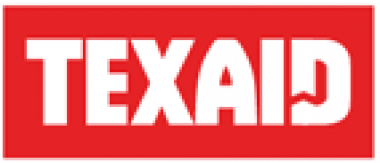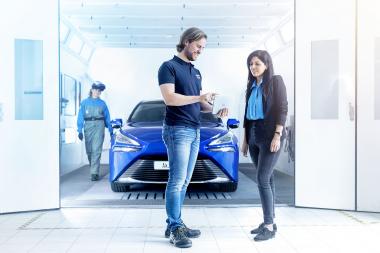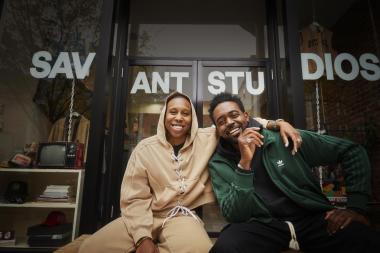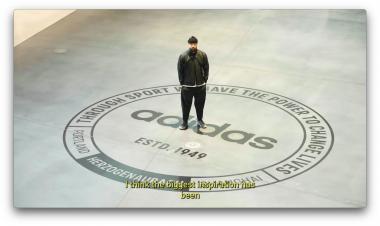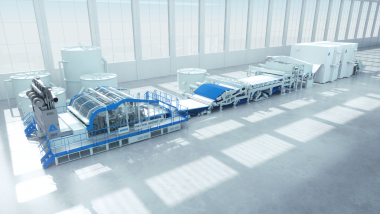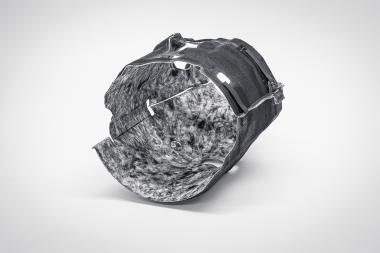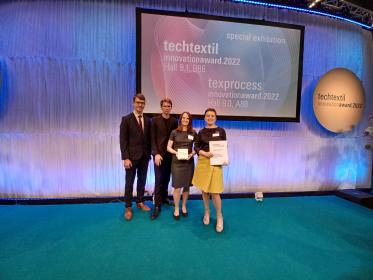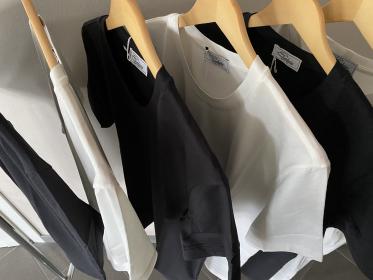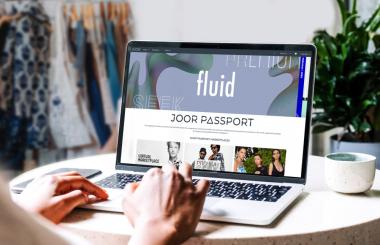adidas: Y-3 Presents Fall/Winter 2022 Chapter 4
Y-3 returns to present the closing chapter of its Fall/Winter 2022 collection. Representing the final iteration of the brand’s “20 Years: Recoded” thematic narrative, Chapter 4 boldly celebrates one of the label’s most revered and lasting motifs – exotic prints – as adidas and Yohji Yamamoto fearlessly reimagine historic looks and textures for a new era.
Subversively exploring the year-long theme of collective memory, the latest chapter draws on Yohji Yamamoto’s inherently rebellious spirit. With Y-3 shifting its creative focus to a distinctly textural concept – Memories of Exotics – the German sportswear brand and the Japanese visionary recall a legacy of animal prints and iconography, distorting iconic signifiers through a slew of all-over print graphics.
The seasonal offering is highlighted by a selection of pieces that juxtapose leopard prints and fabrics with muted palettes, functional details, and dynamic sporting silhouettes. Curated as a daring blend of past and future, the collection clashes the brand’s heritage with its progressive vision for tomorrow.
Accompanying the launch of Fall/Winter 2022 Chapter 4 is a visual campaign that oscillates between mystery, intrigue, and sporting dynamism. Shot by Heji Shin with creative direction from Jamie Reid and styling from Robbie Spencer, the visuals channel a visceral, rather than understated, interpretation of Y-3’s past, present, and future.






